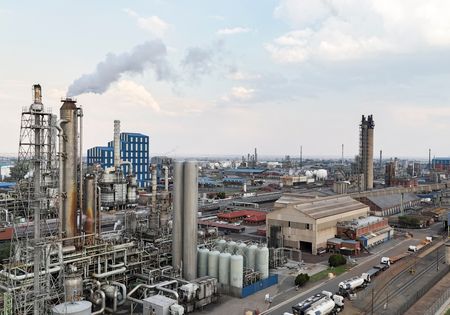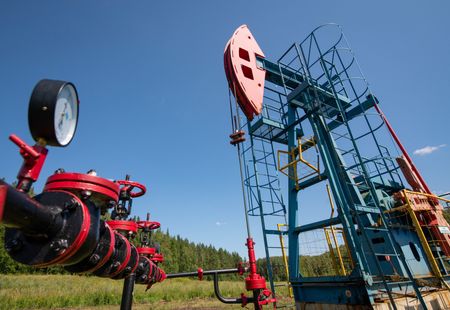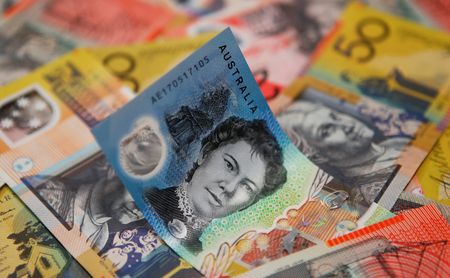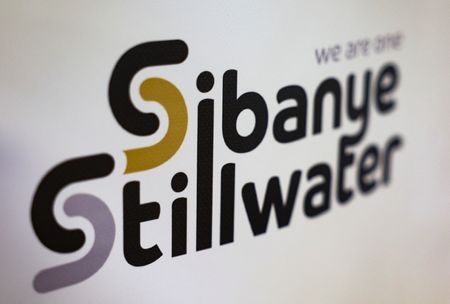By Nelson Banya
(Reuters) – South African petrochemical firm Sasol is exiting the coal export market as it starts a de-stoning project to enhance the quality of feedstock into its core synthetic fuel and chemicals business, executives said on Monday.
Sasol produces fuel and chemicals from coal and gas, while exporting about 2 million tons of the fossil fuel annually.
However, the quality of the coal going into Sasol’s Secunda operations has been poor for years, mainly due to high stone content. This has resulted in the company producing low volumes of fuels and chemicals, persistently underperforming historical output levels around 7.6 million tons.
The company is repurposing its current coal export plant into one which reduces stone content to address the quality problem, CEO Simon Baloyi said during a results call.
The quality of the coal coming out of its mines “was no longer export quality”, Baloyi said, adding that the de-stoning project would restore fuel and chemical production to historical levels.
“We make more money by beneficiating coal into fuel and chemicals than we do selling it as export coal,” Sasol’s finance director Walt Bruns told Reuters in an interview.
Sasol will lease its allotted coal export quota at the Richards Bay Coal Terminal to other miners, Bruns added.
Earlier on Monday, Sasol reported a 31% decline in headline earnings per share to 14.13 rand ($0.7712) in the six months to December 2024, from 20.37 rand per share previously on a fall in oil prices and lower sales volumes.
The company said it did not declare a dividend because it ended the period with a negative free cash flow of 1.1 billion rand, while its net debt of $4.3 billion exceeded levels set in its capital allocation policy.
($1 = 18.3223 rand)
(Reporting by Nelson Banya; Editing by Sonali Paul, Tom Hogue and Chizu Nomiyama)











